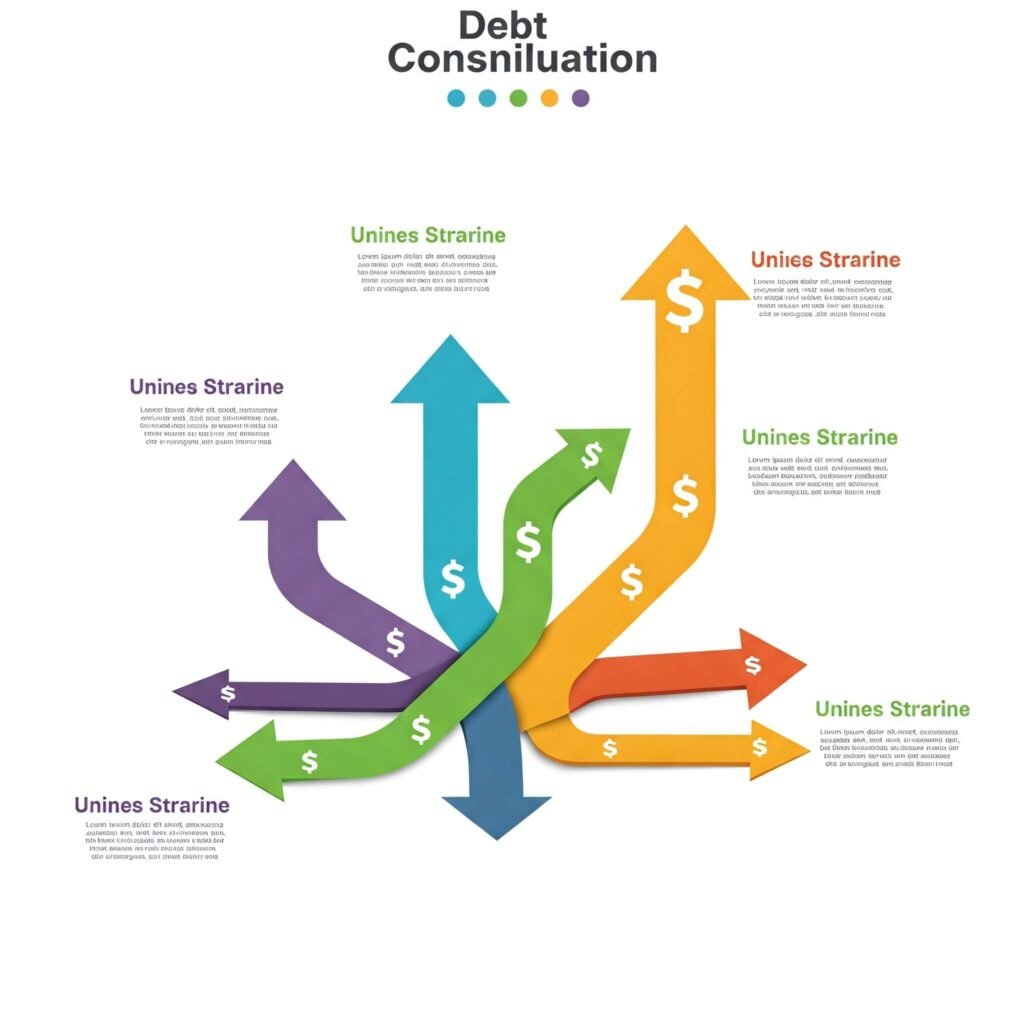Debt consolidation explained in a way that finally clicked for me last year, sitting in my tiny Portland apartment, the rain drumming on my window while I stared at a pile of credit card bills smelling faintly of my neighbor’s weed. Like, I’m just a 30-something dude with a cat who’s probably smarter than me, not some finance bro, and I was drowning in $12,000 of debt from dumb stuff like impulse sneaker buys. Seriously? The sound of hipsters clinking coffee mugs at the café downstairs was mocking my broke ass. But figuring out debt consolidation was a lifeline, even if I fumbled it hard at first. Here’s my raw, messy take on how it works and how it saved me, flaws and all.
Debt Consolidation Explained: Merging Bills to Save Cash
Debt consolidation explained simply—it’s taking multiple debts and rolling them into one loan with a lower interest rate. Last spring, I was juggling three credit cards, each with 20%+ rates, sitting on my sagging couch with the faint hum of my ancient fridge. Used LendingTree’s calculator, found a consolidation loan at 8%—cut my interest payments by $200 a month. But real talk: I almost signed a shady loan with hidden fees ‘cause I didn’t read the fine print. Contradiction? I love the idea of one payment but hate the paperwork grind. LendingTree’s got solid loan options to check out.
Terms matter: Shorter terms save interest but spike payments. I chickened out once.
Compare rates: Shop at least three lenders. I only did two, missed a better deal.
Fixed rates: Locked in at 8%, saved me from rate hikes. Phew.

Simplifying Payments with Debt Consolidation Explained
Debt consolidation explained another way: it’s about one payment instead of a million. I was losing my mind tracking due dates, sitting at my wobbly desk with Portland’s gray drizzle outside, my cat swatting at my pen. Consolidated my $12,000 into one $300 monthly payment—way easier than juggling five. Surprise? I thought I’d hate losing flexibility, but it felt like a weight lifted. Downside: I missed a payment early on ‘cause I was binge-watching sci-fi. NerdWallet’s got a dope guide on streamlining payments.
- Set autopay: Saved my forgetful butt from late fees.
- Budget tight: I cut craft beer runs—painful but effective.
- Track progress: Seeing debt drop monthly is weirdly motivating.

My Debt Consolidation Screw-Ups, Explained
Spilling tea—my first go at debt consolidation was a disaster. I applied for a loan without checking my credit score, sitting in a noisy coffee shop, the espresso machine hissing like it was laughing at me. Got denied ‘cause my score was 640, not 700 like I thought. Felt like a total loser, my cat staring like, “Really, dude?” Also, I didn’t shop around enough—locked into a 10% rate when I could’ve got 7%. Learned to check my score and compare offers, but man, that stung. Forbes has clutch tips on avoiding these traps. <grok:render type=”render_inline_citation”>5</grok:render>
Tips to Nail Debt Consolidation, Explained Right
Here’s my flawed take on debt consolidation explained: Start with your credit score—mine’s now 680, thanks to Credit Karma. I tracked my spending; saw I drop 25% on food delivery, so I budgeted for loan payments. Surprise? I thought consolidation was a scam at first, but it’s legit freeing. Contradiction: I’m pumped about one payment but still splurge on vinyl records sometimes. Also, read the fine print—fees can sneak up. CNN Underscored breaks down loan terms like a pro.
- Check credit: Know your score before applying. I didn’t—oops.
- Shop smart: Compare terms, not just rates. Saved me $500 once.
- Avoid traps: Watch for prepayment penalties. Almost got me.
Outbound Link: For more on debt relief options, check out Consumer Financial Protection Bureau’s guide.

Wrapping Up Debt Consolidation Explained
Alright, I’m done rambling, sitting here with Portland’s rain finally easing up, my cat now snoring on my lap. Debt consolidation explained turned me from a financial hot mess to, well, slightly less chaotic. It’s about merging debts, simplifying payments, and dodging my dumb mistakes. My advice? Jump in, laugh at your slip-ups (I’ve got tons), and save some cash. What’s your debt hack? Check Bankrate for consolidation options or hit me up below.
Outbound Link: Learn more about managing debt at National Foundation for Credit Counseling.



